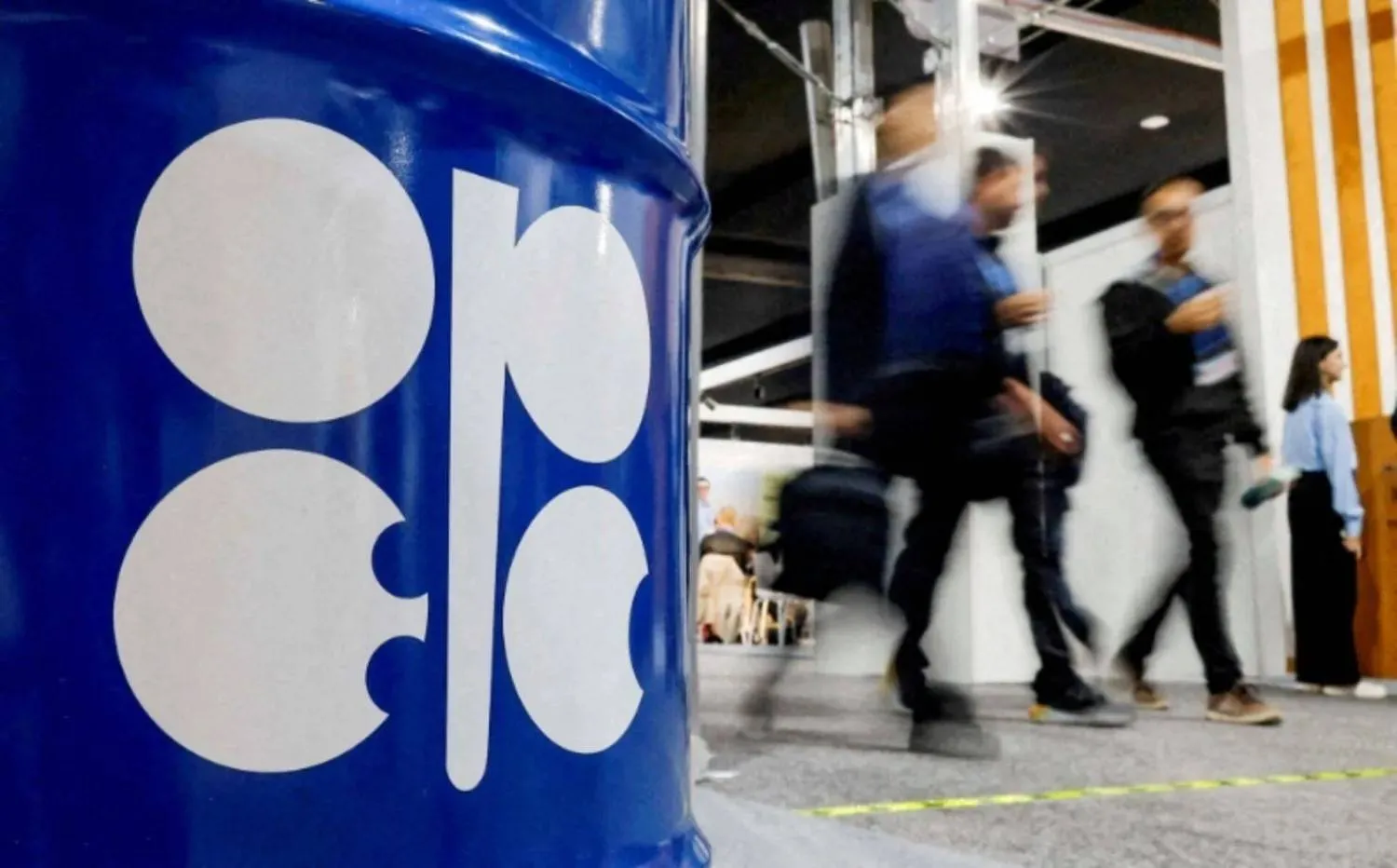The Organization of the Petroleum Exporting Countries (OPEC) on Wednesday forecast world oil demand for crude from the wider OPEC+ producer group will drop by 400,000 barrels per day in the second quarter of this year, a copy of its monthly oil report on OPEC’s website shows.
World demand for OPEC+ crude will average 42.20 million bpd in the second quarter, OPEC said in the report, down from 42.60 million bpd in the first quarter. Both forecasts were unchanged from last month’s report.
The OPEC+ group comprising OPEC nations, plus Russia and other allies, began raising oil output last year after years of cuts, and paused production hikes in the first quarter of 2026 amid predictions of a glut.
Eight OPEC+ members meet on March 1 where they are expected to make a decision on whether to resume the hikes in April.
In the report, OPEC also left unchanged its forecasts that world oil demand will rise by 1.34 million bpd in 2027 and by 1.38 million bpd this year. The 2026 forecast is higher than that of other analysts such as the International Energy Agency.
OPEC+ pumped 42.45 million bpd in January, 2026, down 439,000 bpd from December, 2025, driven by reductions in Kazakhstan, Russia, Venezuela and Iran, OPEC said in the report.
OPEC has maintained its forecast for global oil demand in 2026 at approximately 106.5 million barrels per day (mb/d), keeping the projection it announced four months ago.
It also projected that world oil consumption will grow by 1.3 million bpd in 2027 and an average of 107.9 million bpd, unchanged from last month.
OPEC+ oil production declined last month amid losses in Venezuela and Iran, supported by geopolitical tensions, the group said.
Venezuelan and Iranian crude production declined by 87,000 barrels a day and 81,000 barrels a day, respectively.
Meanwhile, the global economic growth forecasts remained unchanged from last month's assessment at 3.1% in 2026 and 3.2% in 2027.
OPEC said world oil demand was gaining support from air travel and road transport, as well as from a drop in the value of the US dollar against a basket of currencies.
“This decline has made dollar-priced commodities, including oil, cheaper for consumers and provided some additional support for global demand,” OPEC said in the report.
Oil prices gained around 2% on Wednesday, buoyed by potential supply risks should US–Iran tensions escalate, while draws of crude from key stockpiles suggested stronger demand.
Brent crude oil futures were up $1.52, or 2.2%, at $70.32 a barrel by 01:20 GMT. US West Texas Intermediate crude rose $1.50, or nearly 2.4%, to $65.46.









